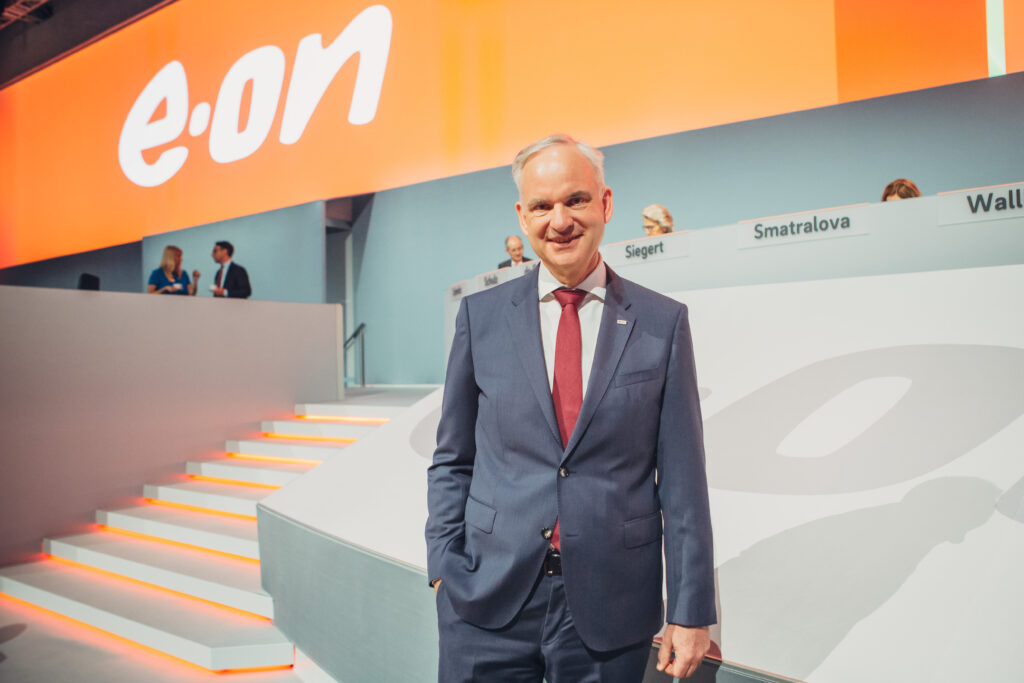E.On’s Q3 results show a 3% year-on-year drop in income, with 4,500 npower jobs to go as the supplier rings in changes.
This is as a result mostly of a weak start to 2019 the company has said, but a strong Q3 has helped to mitigate this.
The company says that its nine month earnings are in line with expectation, but it has adjusted its earnings forecast to recognise its acquisition of fellow UK Big Six supplier npower.
E.On Group’s 2019 adjusted earnings before interest and tax (EBIT) will now be €3.1 and €3.3 billion, and its adjusted net income will be between €1.45 and €1.65 billion.
This is a change from an EBIT of €2.9 to €3.1 billion and adjusted net income of €1.4 to €1.6 billion. As such EBIT for the E.On Group declined by 6% to €2.2 billion
E.On had its acquisition of npower approved in September, and these are the first results to reflect the struggling UK supplier’s fortunes. As part of the results, significant job losses were announced as part of a £500 million restructure of the company.
“The UK market is currently particularly challenging. We’ve emphasized repeatedly that we’ll take all necessary action to return our business there to consistent profitability. For this purpose, we’ve put together proposals and already begun discussing them with British unions,” E.On CEO Johannes Teyssen explained.
E.On UK’s CEO, Micheal Lewis, will replace Paul Coffey as CEO of npower to oversee the restructuring, and create “a direct bridge between the two companies”.
From 2022 onwards, E.On expects its combined UK business to deliver at least £100 million in EBIT, therefore generating a positive free cash flow.
The company has seen substantial increases in its debt due to the takeover. In December 2018, economic net debt was €16.6 billion, but increased by €23 billion to €39.6 billion.
But total assets grew thanks in part to the acquisition, almost doubling from, €54,324 million to €97,547 million.
“We reaffirm our dividend proposal of €0.46 per share. The decline in earnings resulting from the disposal of substantially all of our renewables business will be more than offset by the new innogy segment’s earnings,” Marc Spieker, CFO of E.On, said.
Sales rose from January to September, by €1.9 billion year-on-year to €23.6 billion. This was particularly bolstered by Q3 earnings, which were 20% higher than in 2018.
In Germany, the company’s Energy Networks segment lowered its EBIT to €1.42 billion from €1.47 billion the previous year. This was due to a number of factors, including the non-recurrence of positive one off items the year before, and a reduction in the allowed return on equity in the third regulatory period.
E.On says these declines are were offset by significant investments and positive performances in Sweden. The company’s renewables segment has continued its strong grow, with sales increasing by 7% to €1,213 million from €1,303 million over the first nine months of 2019.
In July, E.On announced that it was switching all its 3.3 million residential customers in the UK to 100% renewable electricity.





